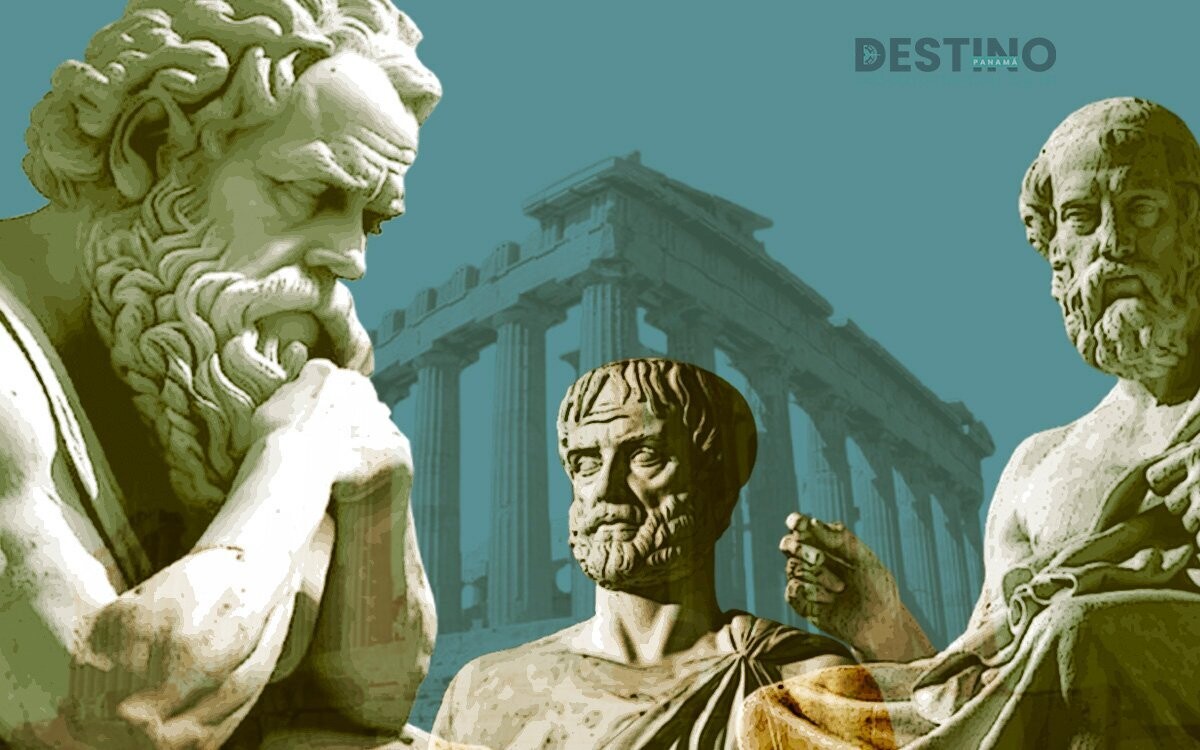
Greek philosophers have left valuable lessons that could be useful in a contemporary world facing a series of challenges in the 21st century. Democracy, a system that promises to give voice to the people, is currently in a perfect storm of obstacles. From political polarization to the rise of authoritarianism, deep economic inequalities and the mass manipulation of public opinion have led to cracks in the system that call its stability into question.
One aspect that has generated great concern is why modern democracy is wavering today. To better understand this situation, it is important to turn to the wisdom and reflections of the philosophers of ancient Greece. Their teachings on the importance of civic virtue, active citizen participation, and the pursuit of the common good could be key to addressing the challenges facing democracy in the contemporary era.
As the Greek philosopher Plato points out, "the punishment that the good suffer when they refuse to participate in political life is to live under the government of the bad." This idea resonates at a time when apathy and political disillusionment are becoming increasingly common among the citizenry. Recovering civic engagement and active participation in democratic life could be fundamental to strengthening democratic institutions and values in a crisis-ridden world.
Another relevant aspect is the notion of justice, so discussed by philosophers such as Socrates and Aristotle. In a context of rising inequalities and polarization, the pursuit of a fair and equitable balance becomes indispensable to ensure social cohesion and the legitimacy of democratic institutions. As Socrates stated, "true wisdom is in recognizing one's own ignorance." In this sense, intellectual humility and openness to dialogue are fundamental for the development of a genuine democracy that is resilient to current challenges.
In times of uncertainty and crisis, the lessons of Greek philosophers can serve as a beacon to guide us in seeking solutions to the problems plaguing our modern societies. Recovering the values of democracy, justice, and active citizen participation may be key to building a fairer and more equitable world for future generations.












